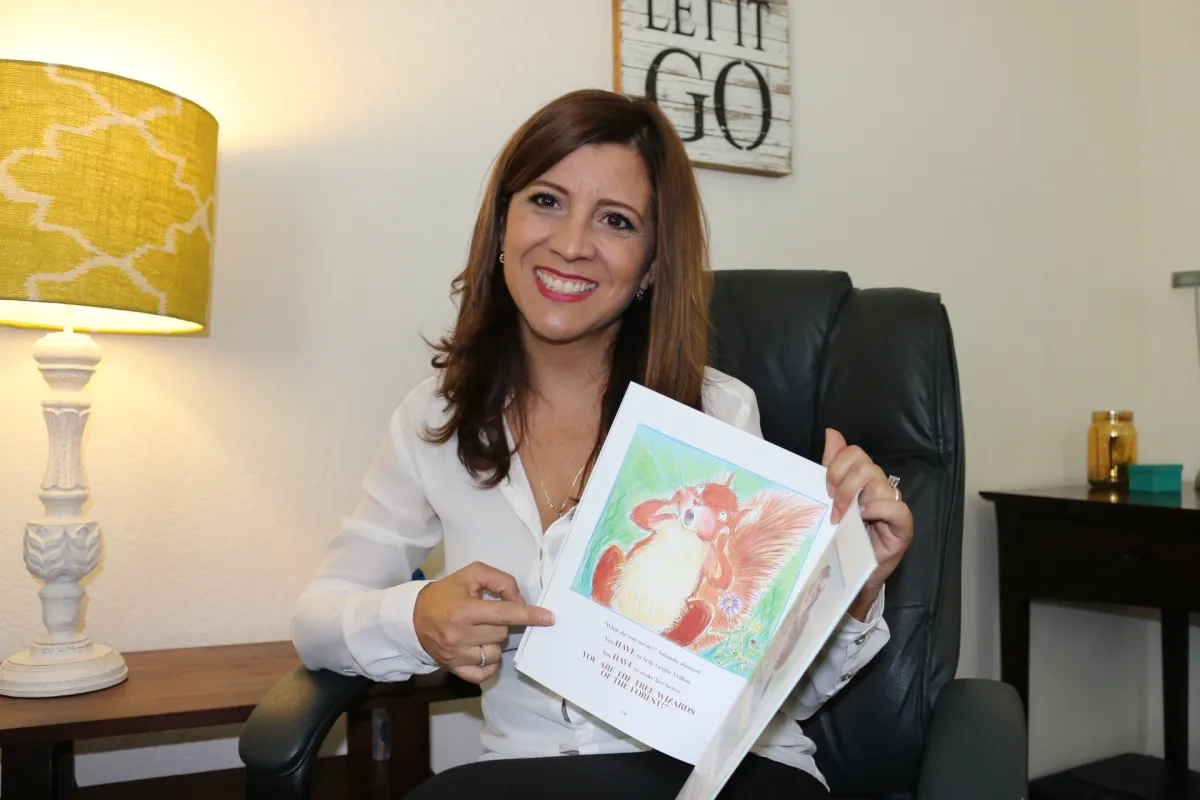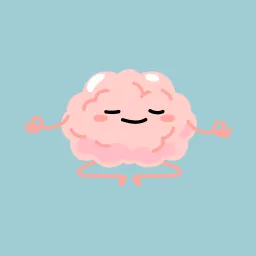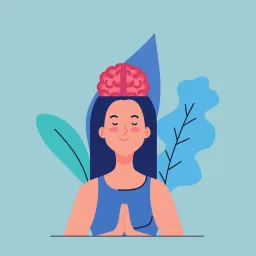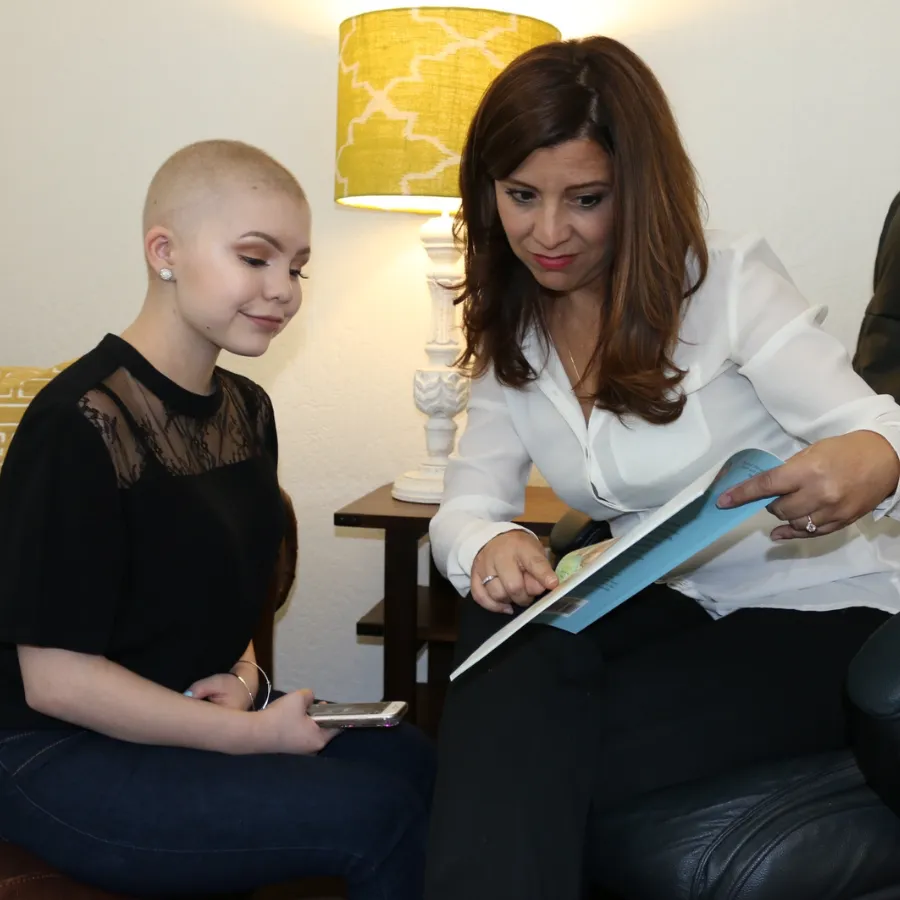Brainspotting for Anxiety Relief: A Gentle Path Toward Calm
Anxiety isn’t always loud. Sometimes, it lingers quietly in the background—tightening your chest or making it hard to rest. Other times, it sends your thoughts racing without warning. Even when life is going well, your nervous system might still feel like it's bracing for something bad. That’s where brainspotting therapy in Phoenix can offer a softer, body-based way forward.
Rather than relying only on strategies to manage symptoms, Brainspotting supports deep healing by working with the part of the brain and body where anxiety is stored. In this blog, you’ll learn how Brainspotting helps regulate the nervous system, reconnects the mind and body, and offers a new path to calm—especially if talk therapy hasn’t reached the roots of your anxiety.
How Anxiety Lives in the Body
Anxiety doesn’t just live in your thoughts; it settles into your shoulders, your breath, your stomach. You might feel tense, jumpy, or stuck in a loop of worry that doesn’t ease up, no matter how much reassurance you give yourself. These aren’t random symptoms. They’re signals from your nervous system that it’s still in protection mode, even when your environment is safe. This is where the mind-body connection becomes so important.
Our bodies carry the imprint of past overwhelm, even when our minds are trying to move on. When those internal alarm bells never quite turn off, traditional strategies may not be enough. Brainspotting for anxiety helps you tune into the body’s wisdom, gently, without forcing anything. It’s not about fixing or analyzing, but allowing your body to release what it’s been holding in a space that feels safe and supported.

A Different Way Through: Brainspotting for Anxiety Relief
If you've tried breathing exercises, cognitive reframes, or even talk therapy but still feel like something’s stuck in your body, you’re not alone. Many people find that even with effort and insight, anxiety continues to live on in the body in ways that feel hard to shift. Brainspotting therapy in Phoenix offers a different way forward. It doesn’t just ask you to think differently; it helps you feel differently by accessing the body’s deeper systems of healing.
This approach gently targets the physical tension, emotional loops, and nervous system patterns that don’t always respond to logic or insight. For many people with anxiety, it’s the missing link between knowing they’re safe and actually feeling that safety. Whether your anxiety shows up as restlessness, spiraling thoughts, or chronic muscle tension, Brainspotting invites your body into the process—not just your mind.

Why Brainspotting Helps Calm the Nervous System
The part of your brain that stores emotional distress, the subcortical brain— doesn’t respond well to logic or language. That’s why you can "know" you're safe, but still feel panicked. Brainspotting bypasses the logical part of the brain and connects with the areas involved in emotion, survival, and body regulation. During a session, your therapist helps you notice what's happening in your body. You may feel warmth, tingling, tension, or even a wave of emotion.
These responses are your nervous system beginning to release what it no longer needs to hold. Brainspotting therapy helps your body complete stress responses it was never able to finish. This kind of gentle, body-based processing is especially effective for anxiety. It supports long-term regulation instead of short-term coping. Many clients describe it as feeling like their body finally exhaled.
What to Expect in a Brainspotting Session
Every session is unique. You might begin by sharing what you're feeling, or you might jump right into body awareness. With the therapist’s support, you'll find a brainspot, a point in your visual field that activates a sensation or emotion. Then, you’ll stay with that spot. Your therapist will hold space as you notice what arises. You don’t have to talk if you don’t want to.
In fact, many people find that just sitting with the experience, without having to explain it, can be deeply healing. If you're wondering, "Is Brainspotting like hypnosis?" the answer is no. You remain fully aware and in control the whole time. It's more like a gentle focusing inward, where your body leads the process.
Noticing the Nervous System Settle Over Time
Anxiety doesn’t always vanish all at once, but gentle shifts often begin after a few sessions of Brainspotting. Clients might notice they’re sleeping more soundly, feeling less reactive to everyday stressors, or finally catching their breath after weeks of tension. Some describe the experience as a softening in their body or a greater sense of calm they hadn’t realized was possible.
As this process unfolds, these subtle changes start to layer. You might feel more present during the day or find it easier to interrupt spiraling thoughts. Over time, this nervous system regulation helps create a new baseline, one that feels more grounded and less consumed by anxiety.
Exploring Brainspotting as a Gentle Option for Anxiety Relief
If you’ve been searching for Brainspotting near me in Phoenix, AZ, you might be exploring options that feel less overwhelming and more supportive. You might not be interested in revisiting every anxious thought. Instead, you may be hoping to feel more steady and at ease in your body. Brainspotting offers that.
This isn’t about pushing through anxiety. It’s about meeting yourself where you are; with care, compassion, and curiosity. Brainspotting therapy in Phoenix helps bring the body into the healing process, not just the mind. It can be a powerful resource for those who feel overstimulated by traditional approaches or who want something that honors the mind-body connection.

Brainspotting For Anxiety in Phoenix, AZ Meets You Where You Are
There’s no single right way to treat anxiety. For some, cognitive tools and talk therapy bring clarity and relief. For others, especially those who feel anxiety deep in their body, Brainspotting offers something more embodied and lasting. It doesn’t require you to explain every fear—it simply asks that you listen to your body’s signals and let the healing unfold from there.
If you’ve been looking for brainspotting for anxiety in Phoenix, AZ, know that you don’t have to choose between mind and body. This therapy bridges both. And when you’re ready, it can guide you back to a steadier, calmer way of being.
Other Therapy Services Offered at Through It All Counseling in Scottsdale and Phoenix, Arizona
Healing isn't a one-size-fits-all process. At Through It All Counseling, I offer a range of integrative and creative therapies that support the full mind-body connection in children, teens, and adults. Whether you're helping your child navigate big emotions, going through a family transition, or working through your own anxiety, trauma, or grief, my goal is to meet you with warmth, flexibility, and intention.
Alongside Brainspotting therapy, I offer Play Therapy, Expressive Arts, and Bibliotherapy to support younger clients and those who process best through movement, story, and creative expression. For adults and families, I integrate Mindfulness-Based Interventions, Polyvagal-informed therapy, Family Systems, Co-Parenting Support, and more. I also use CBT, Solution-Focused Therapy, and Motivational Interviewing to build insight, resilience, and clarity along the way.
Every person has a different path toward healing. I'm here to walk with you at your pace, offering care that's attuned to your needs and grounded in the belief that healing is possible.
If you’re curious about how Brainspotting therapy in Phoenix or other integrative options might support your healing, you’re invited to schedule a free consultation. Cristina offers gentle, body-based care tailored to where you are and what you need—no pressure, just support.

About the Author
Cristina Yturralde, M.C., LPC, is a certified Brainspotting therapist, Brainspotting Consultant, and somatic therapist based in Phoenix, AZ. With nearly two decades of clinical experience and a lifetime of supporting families through chronic illness and emotional overwhelm, Cristina’s work is grounded in both knowledge and lived experience. Her discovery of the mind-body connection during her personal healing journey inspired a deep commitment to somatic therapy as a powerful tool for transformation.
Since incorporating Brainspotting in 2020, Cristina has helped clients navigate anxiety, trauma, grief, and medical stress through a nervous-system-based lens. At her practice, Through It All Counseling, she integrates Brainspotting with creative and relational modalities like Play Therapy, Expressive Arts, and Polyvagal-informed support. Cristina works with children, teens, and adults, offering a compassionate and attuned space where healing unfolds gently—in ways words alone can’t always reach.







